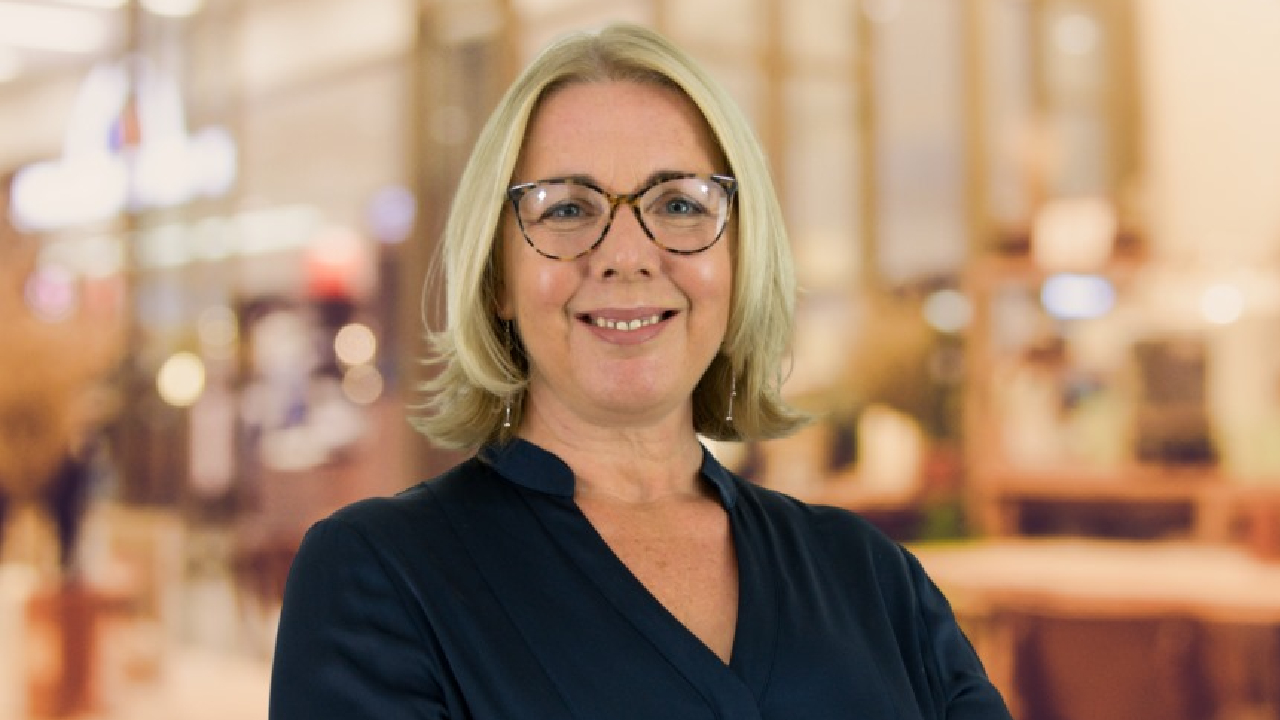In Opinion
Follow this topic
Bookmark
Record learning outcomes
Community Pharmacy England’s (CPE) chief executive, Janet Morrison, could not have spelled it out more clearly. When talking about the fight for survival among community pharmacies, she said it was “a battle that patients cannot afford for pharmacies to lose”.
What is very clear from the discussions we have been having recently with a wide range of voices from within the sector is that there is an overwhelming desire to put patients first and a lot of excitement about the potential for Pharmacy First to empower pharmacists to do more to help their customers. However, it is clear that urgent support is required from Government on policy to enable community pharmacists to do their jobs more effectively.
It is why CPE has told the Common’s Health and Social Care Select Committee that “a full review of the medicines supply market and short-term relief measures” should be one of the Government’s top priorities. CPE has also drafted a compelling paper to support its demands, which states that: “In 2023 there was an average of 149 medicines requiring emergency concession status each month” and “over the last 12 months, on average Community Pharmacy England received approximately 90,000 pharmacy reports per month of purchases over listed Drug Tariff prices”.
Short-term relief
While there needs to be a more detailed review and overhaul of the medicines supply chain, what came through clearly in our discussions is that the ability to substitute medicines would be an obvious short-term relief that could enable community pharmacists to do their jobs with greater efficiency. So it was disappointing when pharmacy minister Andrea Leadsom twice said that the Government has no plans to allow this.
Pharmacists almost universally told us that being able to substitute medicines would have a significant positive impact. In one anecdote, a pharmacist recounted having to call a GP five times to get a prescription corrected because it was sent through as a liquid when only tablets were available and the incorrect dosage was listed on several occasions. Community pharmacists across the country could all recount their version of this story.
“A starting point could be relaxing the rules around switching between tablets and capsules”
The irony of the minister’s response is not lost on pharmacists given how many times GPs ask them for recommendations for replacements. Add to this the discrepancy between what hospital pharmacists and their community counterparts can do in terms of changing prescriptions, and there appears to be a clear difference between the Government’s words and policy actions around community pharmacy.
Either way, addressing this issue should be an urgent priority.
Understandable sensitivities
Clearly, there are understandable sensitivities if community pharmacists change one medicine for a different brand but, given that Pharmacy First is about empowering pharmacists to take on more of a consultative role, surely there is a way to make this work? A starting point could be relaxing the rules around switching between tablet and capsule formulations.
Longer-term, this issue must be addressed in a more detailed way because we already know that both hospital and community pharmacies are wasting too much time searching for medicines. Fundamentally, there should be greater transparency about the availability of medicines.
One of the major shortcomings of the serious shortage protocol system is that the medicine is already in short supply by the time this is addressed by the DHSC. Where we need to get to is having the ability to predict potential shortages so that plans can be put in place to alleviate patients’ stress of searching for medicines and giving community pharmacists the permission to prescribe or supply alternatives.
Ultimately, it is important not to lose sight of why Pharmacy First has been put in place. We all know GPs are struggling to cope with their workloads but what is coming through loud and clear is that there needs to be far more support for pharmacies across a number of areas from reimbursement, to training and funding for facilities.
If Andrea Leadsom wants to win friends among community pharmacy, giving pharmacists more scope to make simple prescription substitutions would be a good place to start. She would soon find out how much it would do to alleviate, not exacerbate, medicines shortages.

